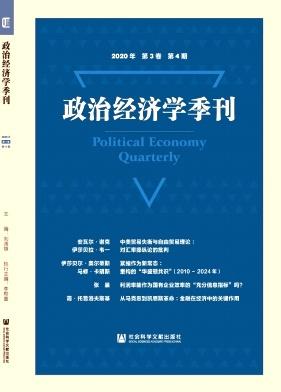Privatisation: The New Zealand Experiment of the 1980’s: How Did Mom and Pop Fare?
引用次数: 1
Abstract
Many would judge the privatisation program which was a significant feature of the New Zealand Experiment of the 1980’s and 90’s, in which both Labour and National governments adopted extreme right wing policies, a failure. In looking at the privatisation of state assets we find they were, at least from an investors’ perspective reasonably successful. Returns to investors who held a portfolio of privatised assets outperformed the NZ share market as a whole. An investment strategy of buying each privatisation, on the market on day one, would have yielded a return of 12.71%, while a similar investment in the entire NZ market would have returned only 7.01%. Also there can be little doubt; the nine privatisations in this sample have had a considerable impact on the NZ stock market, following the listing of Telecom in 1991 total privatised assets comprising 49% of the NZ total market and for twenty years the capitalisation of the privatisation sample has averaged 37% of the NZ total market. Analysis of government papers of the day reveals the government’s overall objective was increased efficiency, flowing from a fundamental belief that government couldn’t and shouldn’t run commercial businesses. In this they were successful, but at what cost?私有化:20世纪80年代的新西兰实验:夫妻店如何发展?
许多人会认为私有化计划是失败的。私有化计划是20世纪80年代和90年代新西兰实验的一个重要特征,工党和国家党政府都采取了极右翼政策。在审视国有资产私有化的过程中,我们发现,至少从投资者的角度来看,它们相当成功。持有私有化资产组合的投资者的回报优于新西兰股市整体表现。在第一天就在市场上购买每个私有化的投资策略将产生12.71%的回报,而在整个新西兰市场进行类似的投资将只会产生7.01%的回报。而且,毫无疑问;该样本中的九次私有化对新西兰股票市场产生了相当大的影响,1991年电信上市后,私有化总资产占新西兰总市场的49%,20年来私有化样本的资本化平均占新西兰总市场的37%。对当日政府文件的分析显示,政府的总体目标是提高效率,这源于一个基本信念,即政府不能也不应该经营商业企业。在这方面,他们是成功的,但代价是什么?
本文章由计算机程序翻译,如有差异,请以英文原文为准。
求助全文
约1分钟内获得全文
求助全文

 求助内容:
求助内容: 应助结果提醒方式:
应助结果提醒方式:


